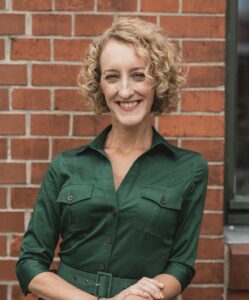Demystifying a Psychoeducational Report: What Student Support Staff Need To Know & Where To Find It: 12 April
Demystifying a Psychoeducational Report: What Student Support Staff Need To Know & Where To Find It: 12 April
Presenter: Dr Christina Limbird, Co-founder Linden Global Learning
Hosted by the ECIS Inclusive Education Special Interest Group
Do you often receive psychoeducational evaluations for students in your school that leave you wondering what to actually do with the information? Even worse, do some reports leave you feeling more confused about what the author is trying to say than before you even started reading it? While the assessment tools and writing styles of evaluators will always vary, this webinar will lead you through a “common sense” interpretation of many frequently-used assessments and their scores, as well as what information is essential to help focus your work with students. We will also consider the impact of diverse educational practices, acculturative stress, and multilingualism on students’ learning journeys.
During this workshop, participants will learn:
– The purpose and scope of psychoeducational reports.
– What various tests measure and how to interpret the scores.
– What to consider when reading a report about a student who has lived in multiple countries, learned multiple languages, and been exposed to different educational systems.

DR CHRISTINA LIMBIRD Christina is the co-founder of Linden Global Learning Support – a learning support agency dedicated to equipping and empowering schools to become inclusion champions by providing expert services for struggling learners around the world. She has over 20 years of experience in educational psychology and school consulting. Her career highlights include spearheading an exemplary comprehensive program of inclusion at an International Baccalaureate school in Germany, and creating two award-winning non-profits for teenagers: a peace and community-building program for teens in post-conflict Croatia and Girls Gearing Up, a premier international leadership academy for teen girls with hubs in India, Germany and Malawi.Underpinning her work with schools and young people is Dr. Limbird’s extensive research background in bilingualism and her firm belief in informing work in education with empirically sound evidence. She has published several articles and book chapters on the effects of bilingualism on literacy acquisition and school performance
